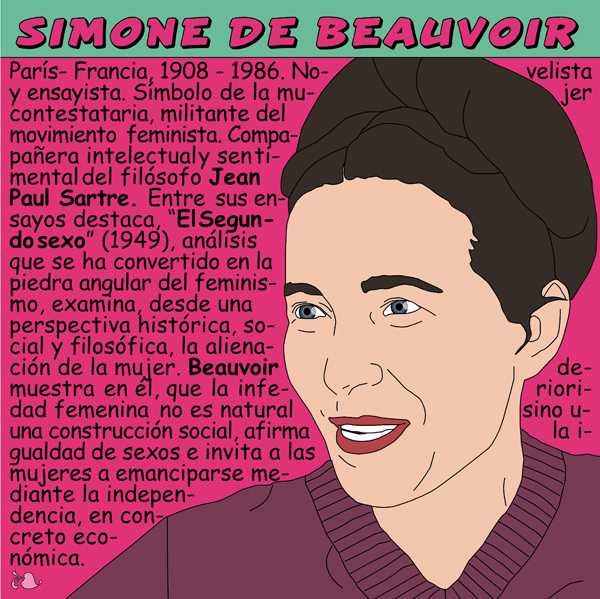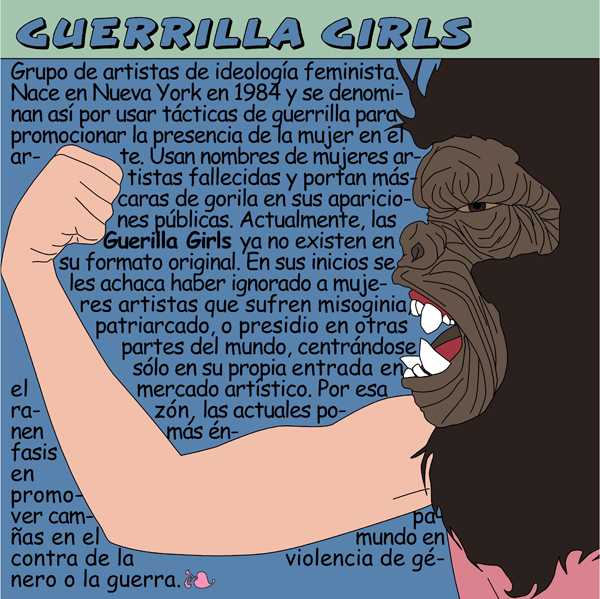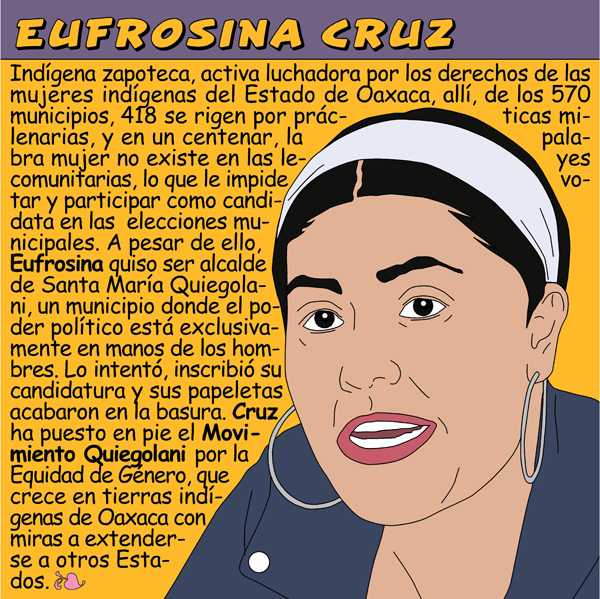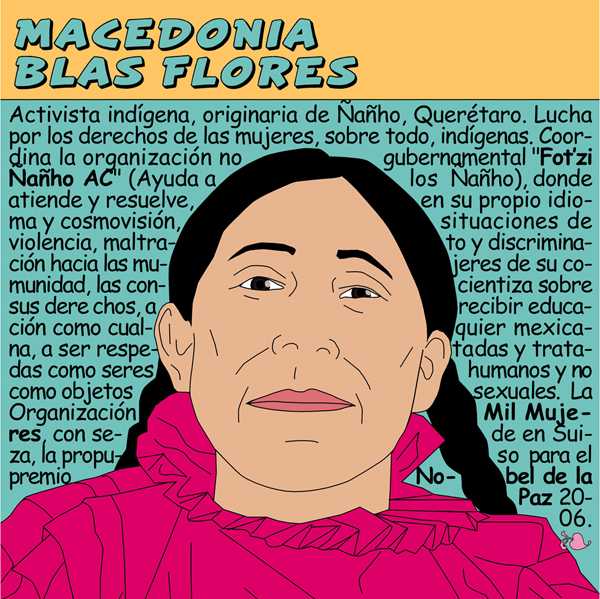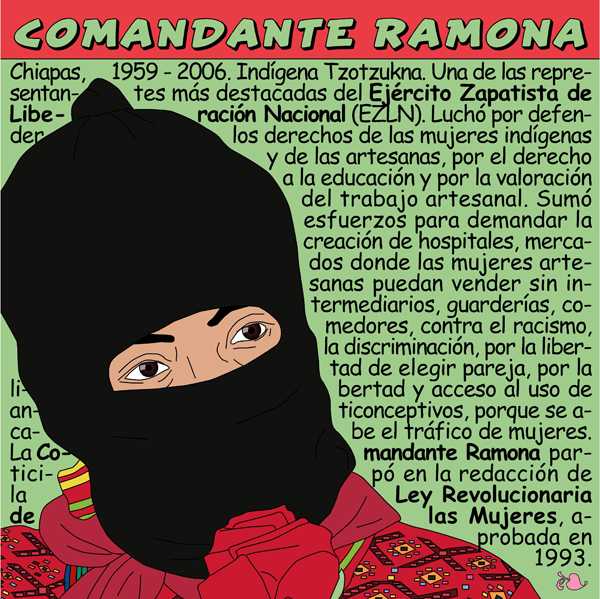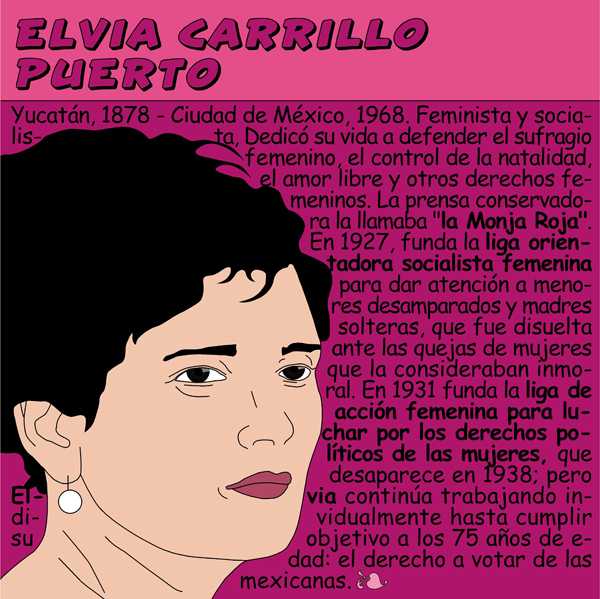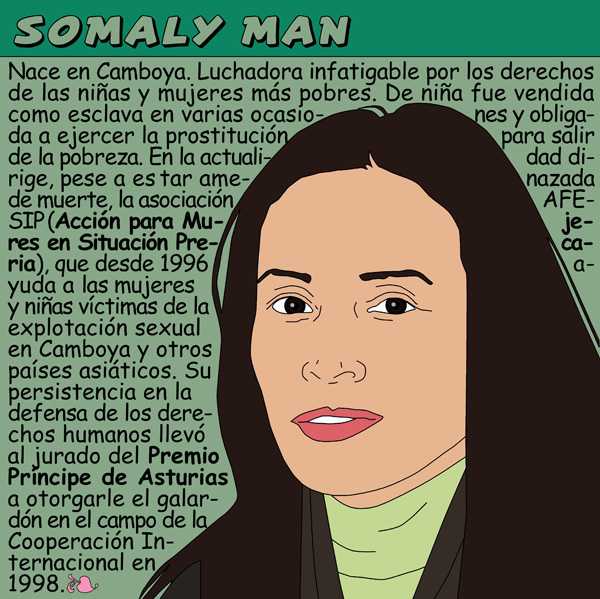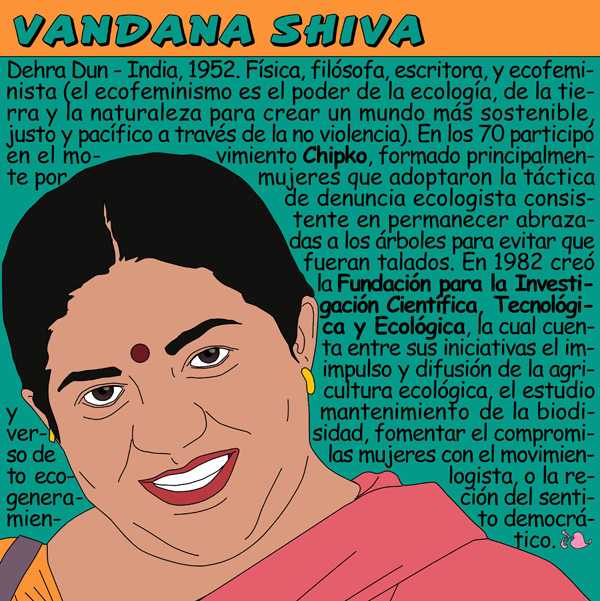Women Working for Women
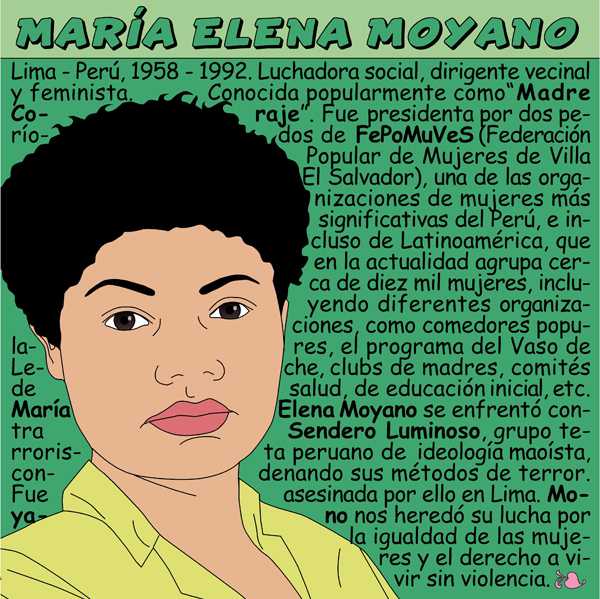
Women Working for Women is a project for public spaces of Mexico City and across Mexico. It creates a women's historic memory through portraits of female personalities who have forged change and fought to improve the situation for their gender. The project gives a visual and narrative memory of this struggle by weaving together women who imagined and fought for the rights that women enjoy today. This ability to imagine parity was encouraged by their culture and education. The project seeks to raise Mexican women's consciousness about the importance of the struggle for gender parity and incentivize them--and me--to carry forward this unfinished struggle.
In March 2008, an installation of Women Working for Women was inaugurated in Plaza Juárez in the historic centre of Mexico City. The installation featured 43 large-format tarpaulins adorned with the portraits of women and a large panel with 27 portraits of Mexican women. Each portrait tells us a story of struggle that has brought important changes to the way we perceive gender and, consequently, to the history of humankind.
This project has been supported by the Mexican National Institute of Women, the United Nations Development Fund for Women (UNIFEM), and the Secretariat of Culture of the Government of Mexico City. The project was also made possible by the collaboration of Communicative Action A.C.
María Elena Moyano Lima - Peru, 1958-1992. Social fighter, neighborhood leader and feminist. Known popularly as "Mother Courage". For two periods, she was president of FePoMuVeS (Popular Federation for the Women of Villa El Salvador), one of the most important women's movements in Peru, and even in Latin America, that currently contains about ten thousand women, including different organizations such as diners for the people, the Glass of Milk program, mothers' clubs, committees for health, early education, etc. Maria Elena Moyano placed herself in opposition to Sendera Luminoso, a Peruvian terrorist organization of Maoist ideology, condemned for its terror methods. For this she was assassinated in Lima. Moyano left us her fight for the equality of women and the right to live without violence.
Simone de Beauvoir Paris-France, 1908-1986. Novelist and essayist. Symbol of the protesting women, militant of the feminist movement. Intellectual and romantic companion of the philosopher Jean Paul Sartre. Among her writings, "The Second Sex" (1949), an analysis that made her the cornerstone of feminism, stands out. It examines, from historical, social and philosophical perspectives, the alienation of woman. In it, Beauvoir demonstrates that feminine inferiority is not natural but a social construction, affirms the equality of the sexes and invites women to emancipate themselves through independence, particularly economic.
Guerrilla Girls A group of artists of feminist ideology. Founded in New York in 1984, they named themselves thus because they used guerrilla tactics to promote the presence of the woman in art. They use the names of deceased women artists and wear gorilla masks in their public appearances. Currently, the Guerrilla Girls no longer exist in their original format. Initially, they were accused of having overlooked women artists who suffered from patriarchal misogyny or prejudice in other parts of the world, focusing only on their own entry into the artistic market. For this reason, the current Guerrilla Girls place more emphasis on promoting campaigns in the world against gender violence or war.
Eufrosina Cruz Indigenous Zapotec woman, active fighter for women's rights in the State of Oaxaxa. There, of the 570 municipalities, 418 are governed by age-old and, in a hundred, women's voices do not exist in community law, which prevents them from voting and participating as candidates in municipal elections. Despite this, Eufrosina wanted to be mayor of Santa Maria Quiegolani, a municipality where political power is exclusively in men's hands. She attempted, inscribing her candidacy, and her ballot papers ended up in the rubbish. Cruz started the Quiegolani Movement for Gender Equity, which grows in the indigenous lands of Oaxaca, looking to extend itself to other States.
Macedonia Blas Flores Indigenous activist, originally from Ňaňho, Queretaro. Fights for women's and above all indigenous women's rights. Coordinates the non-governmental organization "Fot'zi Ňaňho AC" (Help the Ňaňho) where she responds to and resolves, through her own language and worldview, situations of violence, mistreatment and discrimination of women of her community, making them aware of their rights to receive education like any Mexican woman and to be respected and treated like human beings and not as sexual objects. The Thousand Women organization, with its seat in Switzerland, proposed her for the Nobel Peace Prize in 2006.
Comandante Ramona Chiapas, 1959-2006. Indigenous Tzotzukna. One of the most outstanding representatives of the Zapatista Army of National Liberation(EZLN). She fought to defend the rights of indigenous women and craftswomen, for the right to education and the valuing of craft work. She went to great effort to demand the creation of hospitals, markets where craftswomen could sell without middle-men, crèches, diners, against racism and discrimination, for the freedom to choose a life partner, for freedom and access to the use of contraceptives, because this ends the traffic in women. Comandante Ramona participated in the composition of the Revolutionary Law of Women, approved in 1993.
Elvia Carrillo Puerto Yucatan 1878 - Mexico City 1968. Feminist and socialist. Dedicated her life to defending female suffrage, birth control, free love and other female rights. The conservative press called her "the Red Nun". In 1927, she founded the socialist advisory women's league to draw attention to homeless minors and single mothers, which was dissolved as a result of the complaints of women who considered her immoral. In 1931 she founded the league of female action to fight for women's political rights, which disappeared in 1938. However, Elvira continued to work individually until she achieved her goal at 75 years of age: the right of Mexican women to vote.
Somaly Man Born in Cambodia. Tireless fighter for the rights of the poorest girls and women. As a child, she was sold as a slave on several occasions and obliged to work in prostitution to escape poverty. Currently, despite death threats, she directs the SIP (Action for Women in Precarious Situations), which has helped women and girl victims of sexual exploitation in Cambodia and other Asian countries. Her persistence in the defense of human rights led the jury of the Prince of Asturias Prize to give her the award in the field of International Cooperation in 1998.
Vandana Shiva Dehra Dub - India, 1952. Physicist, philosopher, writer and ecofeminist(ecofeminism is the power of the ecology, of the earth and nature to create a more sustainable, just and peaceful world by means of non-violence.) In the 70s she participated in the Chipko movement, principally formed by women who adopted the tactic of ecological protest, which consisted of staying in place embracing trees to avoid their being cut down. In 1982 she founded the Foundation for Scientific, Technological and Ecological Research, which counts among its initiatives the promotion and diffusion of ecological agriculture, study and maintenance of biodiversity, promoting the commitment of women to the ecological movement, or the regeneration of democratic sentiment.
Artist's Statement
María María Acha is the owner of the rights associated with this work: WOMEN WORKING FOR WOMEN.


